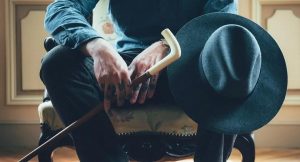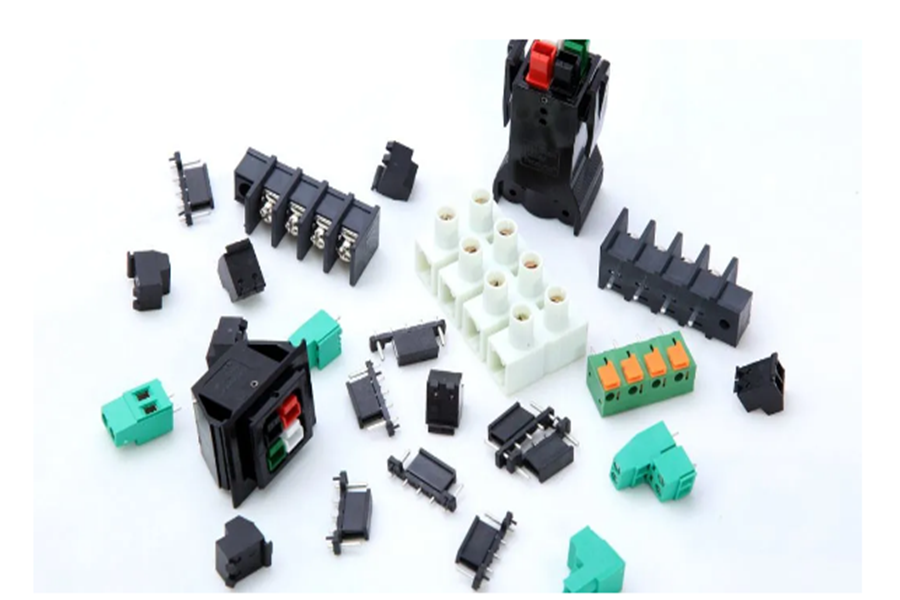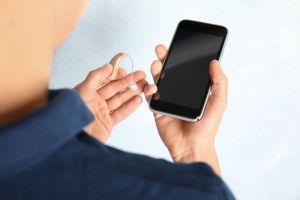
After getting older, the hearing of many elderly people has declined to varying degrees, affecting the normal life of old age. Sometimes a doctor recommends hearing aids after a visit.
Hearing aids have only been in the market for more than two or three decades. Many people do not know much about hearing aids, and it is easy to have some misunderstandings about their wearing.
1. Once you have hearing problems, buy a hearing aid
When hearing problems arise, don’t buy hearing aids yourself, let alone buy them online. You should go to the ear, nose, and throat department of the hospital first, and let the doctor determine whether to wear it.
If a hearing aid clinic is available at your local hospital, it is best to wear it at the clinic. However, currently there are only some outpatient clinics in some local hospitals in China, and wearing hearing aids usually needs to be performed at the fitting center.
Wearing hearing aids unscientifically can damage hearing or even ears, so it is best to choose a regular fitting center when purchasing, and purchase and deploy with the help of a professionally qualified hearing aid fitting specialist .
2. Deafness can be cured without hearing aids
After the doctors diagnosed, many elderly people were told not to follow the doctor’s advice when they needed hearing aids. They sought medical advice everywhere, hoping to find a cure.
In fact, there is currently no effective treatment for neurological deafness worldwide. In general, patients with hearing loss around 40dB should wear hearing aids.
Wearing hearing aids as early as possible can not only effectively solve daily communication problems, but also help to improve speech discrimination and reduce atrophy of the auditory nerve and brain. It can also prevent the occurrence of elderly depression and dementia.
3, wearing hearing aids will be dependent, hearing decline faster
Some people are reluctant to wear hearing aids because they worry about dependence on them. They think that as long as they are worn, they can no longer be taken off, and their hearing drops faster.
In fact, hearing aids can delay hearing loss and maintain original speech recognition.
Studies have shown that early wearing hearing aids can protect patients’ central nervous system speech recognition .
4. Expensive is good
Hearing aids are not the more expensive, the better. It can be purchased at the doctor’s suggestion at the doctor’s appointment.
At present, there are many brands in the hearing aid market, and each brand will have different grades of high, middle and low.
It is suggested that you can first listen to the hearing aid fitting center and compare the experience of different brands horizontally ; then compare it vertically and choose a brand from the high, middle and low grades to audition, and then consider the best combination of the effect and price of the audition, and only choose the right one Don’t choose expensive ones.
5. Hearing loss in both ears, wearing only one hearing aid
It is understood that many patients with single-ear hearing aids are not very satisfied with the later results, especially when the ambient noise is high or the people are noisy, and they cannot hear what others are saying.
Experiments have shown that wearing hearing aids in both ears can significantly improve speech recognition rate, has a more sense of direction than one ear , and can increase the three-dimensional sense of sound, making the sound clear and full.
6. Wear it when you need it.
Some elderly people are equipped with hearing aids and only wear them when they need them, and they usually take them off. For example, you only bring it when watching TV at night or when you go out.
Wearing hearing aids originally requires an adaptation process. Intermittent wearing will affect the ability of the hearing nerve to adapt.
For better communication, it is recommended to wear it every day instead of only when needed.
7, no need to debug after putting on
After wearing hearing aids, some elderly people no longer need to debug. It is recommended to go to the hearing aid fitting center to perform hearing review at regular intervals. If there is any change in hearing, it is necessary to adjust it in time so as to adjust the effect of the hearing aid to the best state.
The majority of current hearing aids are all digital hearing aids with multiple functions, and each function can achieve the most satisfactory results only after multiple debugging .
8. Ignore ear protection after putting on hearing aids
Some elderly people ignore hearing protection when they put on hearing aids. In fact, hearing aids only serve to amplify the sound. Without residual hearing, hearing aids will not be effective.
Therefore, pay attention to protecting your ears at all times.
It can be done from the following aspects: 1. Maintain a comfortable mood, have a regular life, and ensure sufficient sleep time; 2. Pay attention to avoid noise and strong sound stimulation; 3. Avoid using ototoxic drugs such as gentamicin, Streptomycin, etc. 4. Eat less greasy food; 5. Perform some ear exercises.
9, wearing a hearing aid sleep
Some elderly people may forget to remove their hearing aids at night. This is a very bad habit. We generally do not recommend wearing hearing aids to sleep.
First of all, wearing a hearing aid while sleeping can cause ear pain . Whether it is a BTE hearing aid or a custom-made machine, the main material of the shell is relatively hard, and the skin on our auricle is relatively thin and there are many nerve endings. Especially When you sleep on the side, you will squeeze the ears to a certain extent, which causes ear pain.
Secondly, wearing a hearing aid may also cause howling . When we wear a hearing aid to sleep on the side, it will completely block the mouth of the external auditory canal, or when the hearing aid falls behind and is blocked by a bed item, the hearing aid will produce howling .
In addition, wearing a hearing aid may also cause hearing aid damage . Generally, the hearing aid will rub against a pillow or bed when sleeping on the side, causing damage to the machine, such as damage to the earhook, sound tube, and receiver.
Therefore, be sure to remove the hearing aid while sleeping, turn off the amplifier and dry it, and wait until the next day to get up and continue to use it.
Link:9 mistakes about wearing hearing aids
REF: Hearing Aids Supplier , Hearing amplifier, BTE Hearing AidsThe article comes from the Internet. If there is any infringement, please contact service@jhhearingaids.com to delete it.














